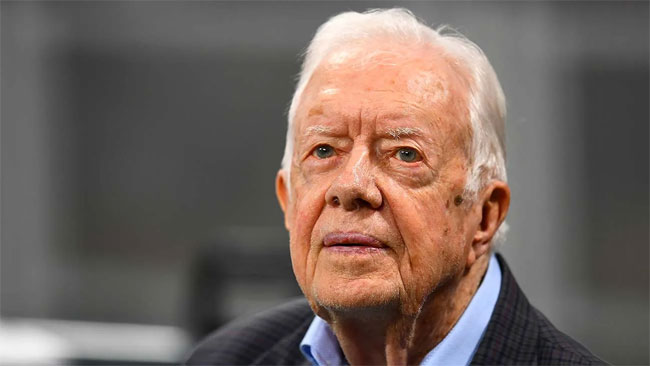Jimmy Carter, the dedicated Georgia peanut farmer who served as the 39th U.S. president, passed away at his home in Plains, Georgia, at the age of 100. He came to office in January 1977 after defeating Gerald Ford, and his presidency was characterized by notable achievements as well as significant challenges. Carter is best remembered for brokering the 1978 Camp David Accords, which established peace between Israel and Egypt, a feat that earned him a Nobel Peace Prize in 2002 for his extensive humanitarian efforts.
Despite these successes, Carter faced a tumultuous presidency marked by economic recession and the Iran hostage crisis, which lasted for 444 days and ultimately led to his defeat by Ronald Reagan in the 1980 election. After leaving office, he became a revered humanitarian, gaining recognition for his commitment to global issues, human rights, and poverty alleviation.
Carter’s legacy continues as world leaders pay tribute to his compassion and dedication to peace. His work through the Carter Center, along with his writings and advocacy, solidified his status as a respected former president, often viewed as more impactful after his term than during it.




